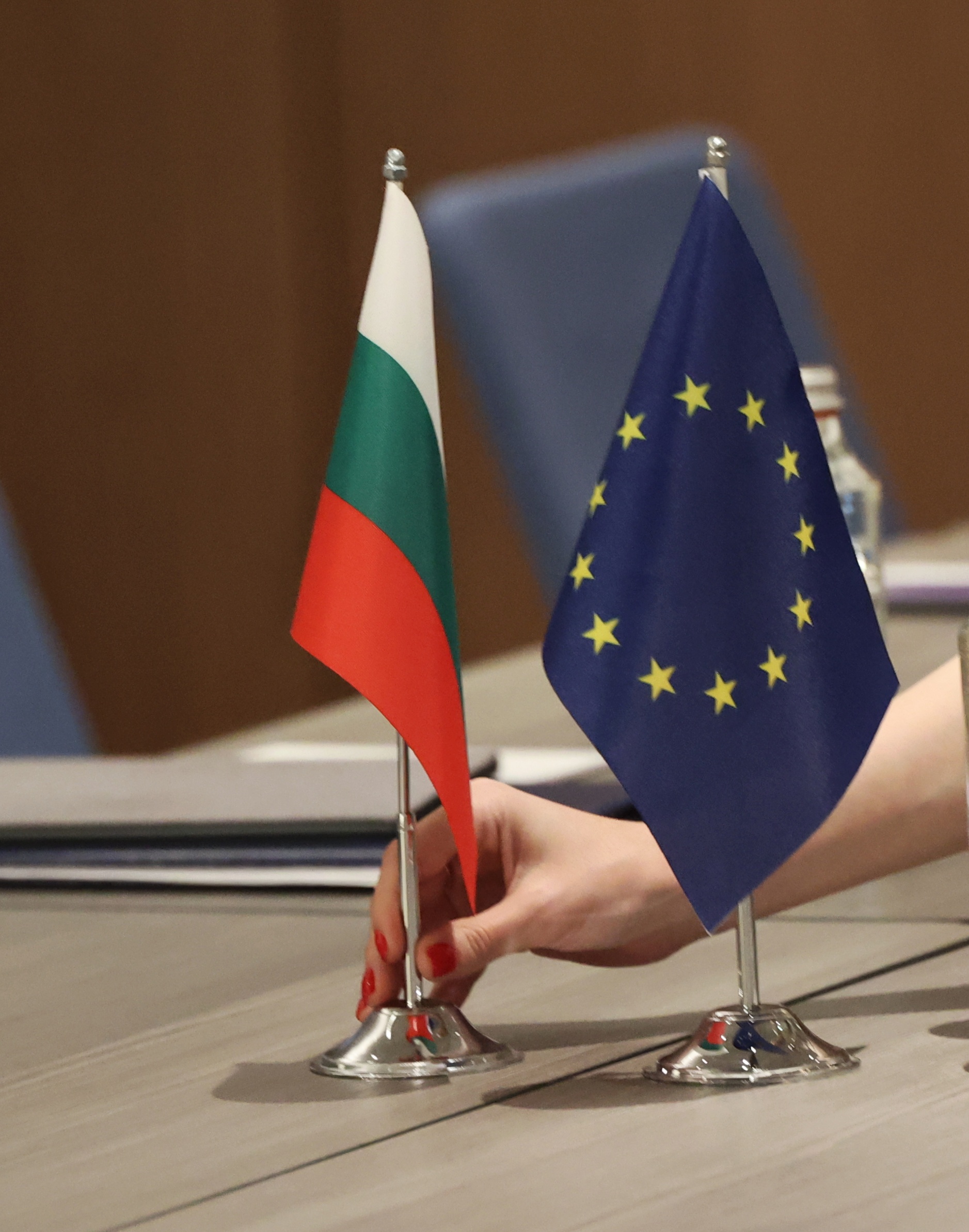Macroeconomic Effects of EU Funding for Bulgaria – Analysis
Jerusalem, 24 October, 2022 (TPS-IL) -- SOFIA, 24.10.2022 (BTA)
Since joining the European Union on January 1, 2007, Bulgaria has been able to use Community funding to catch up with the more advanced member states in terms of general economic development, infrastructure and standard of living. According to the Finance Ministry, EU aid becomes particularly important during an economic crisis, when Community funding is the main source of economic investment and job creation and retention.
Last Friday, caretaker Deputy Prime Minister for EU Funds Atanas Pekanov told a briefing that in the space of two months Bulgaria obtained approval for BGN 14 billion (roughly EUR 7 billion) in EU resources under seven Operational Programs co-funded by the bloc. With BGN 2 billion in national co-financing added to it, this is “a real resource that will help the country improve its condition”. “The money is of extreme significance for the Bulgarian economy, small and medium-sized enterprises and key infrastructure, and will help address important problems facing Bulgaria,” he added.
Just how “significant” and “real” is EU aid to Bulgaria? The Finance Ministry publishes six-month reports, in March and September of every year, titled “EU Funds in Bulgaria”, which assess the macroeconomic effects of the implementation of the Bulgarian programs co-financed by the bloc. The reports use a simulation instrument called SIBILA 2.0 (Simulation of Bulgaria’s Investment in Long-term Advance). In the most recent report (September 2022), SIBILA 2.0 gauges mainly the direct effects that the EU-backed programs for 2014-2020 have had on the national economy from 2014 until the middle of 2022. The assumption is that the indirect effects will be felt after a longer period of time.
Gross Domestic Product:
The report says that the programming period 2014-2020 has given Bulgaria access to EUR 9.9 billion in EU structural and investment funding (not counting the money under the first pillar of the common agricultural policy, cross-border cooperation aid and private sector support against COVID). The money has been used to co-finance 10 Operational Programs. In 2020, the country obtained additional access to EUR 656 million in COVID crisis mitigation funding (REACT-EU). The average rate of implementation of the programs is 66.1%.
During most of the period from 2014 until the middle of 2022, Bulgaria’s economic output grew gradually, allowing real phased-in convergence with the EU, the Finance Ministry says. EU structural and investment funding contributed to that, including by mitigating the adverse effects of COVID on the economy. The simulation analysis shows that GDP was 10.6% larger by the end of the period than it would have been without EU aid. The Finance Ministry forecasts that over the medium term the positive role of EU support will be materialized both in increased quantities of resources (labor, capital) and higher quality. As the quality of labor increases, it will become more productive and will boost total factor productivity.
Foreign Trade:
The simulation analysis shows that the implementation of Bulgaria’s Partnership Agreement with the EU has increased the country’s imports by 8.0% in the period from 2014 to mid-2022 compared to what would have been without EU aid. This is due, on the one hand, to more rapid income growth, and on the other hand, to an increased economic output throughout the period, the report says. It notes that the Bulgarian economy is susceptible to higher import levels resulting from a deficit of locally extracted raw materials and a drive to raise production effectiveness by importing materials-saving equipment and technologies of higher productivity.
Exports also grew slightly (0.9%) compared to what would have been without EU aid. The Finance Ministry expects that the positive contribution of EU structural and investment funding to the increase in Bulgarian exports will grow significantly over the long term as production volumes expand and local manufacturers become more competitive internationally.
The faster increase in imports compared to exports has resulted in a slight worsening of the nation’s foreign trade balance, and hence, the current account of the balance of payments, due to the implementation of the Partnership Agreement with the EU. Over the long term, the foreign trade balance is forecast to improve as export growth accelerates.
Labor and Incomes:
The analysis further shows that interventions funded under the EU-backed Operational Programs 2014-2020 over the period from 2014 until mid-2022 have had a positive cumulative effect on the economic activity of working-age Bulgarians and the rates of employment and unemployment. So far, this is mainly owing to the direct impact of money flowing into the economy (the creation of jobs). Indirect effects are also expected over the medium and long term (higher labor quality, additional increase in labor productivity).
From 2014 until the middle of 2022, unemployment decreased by 7.2 percentage points compared to what would have been without EU structural and investment funding. It should be noted that many of the measures implemented over the period have resulted directly in higher employment and their short-term effect is greater than any long-term one.
Meanwhile, the net effect of EU funding on the average monthly wage in Bulgaria was plus 16.3%, the report says.


